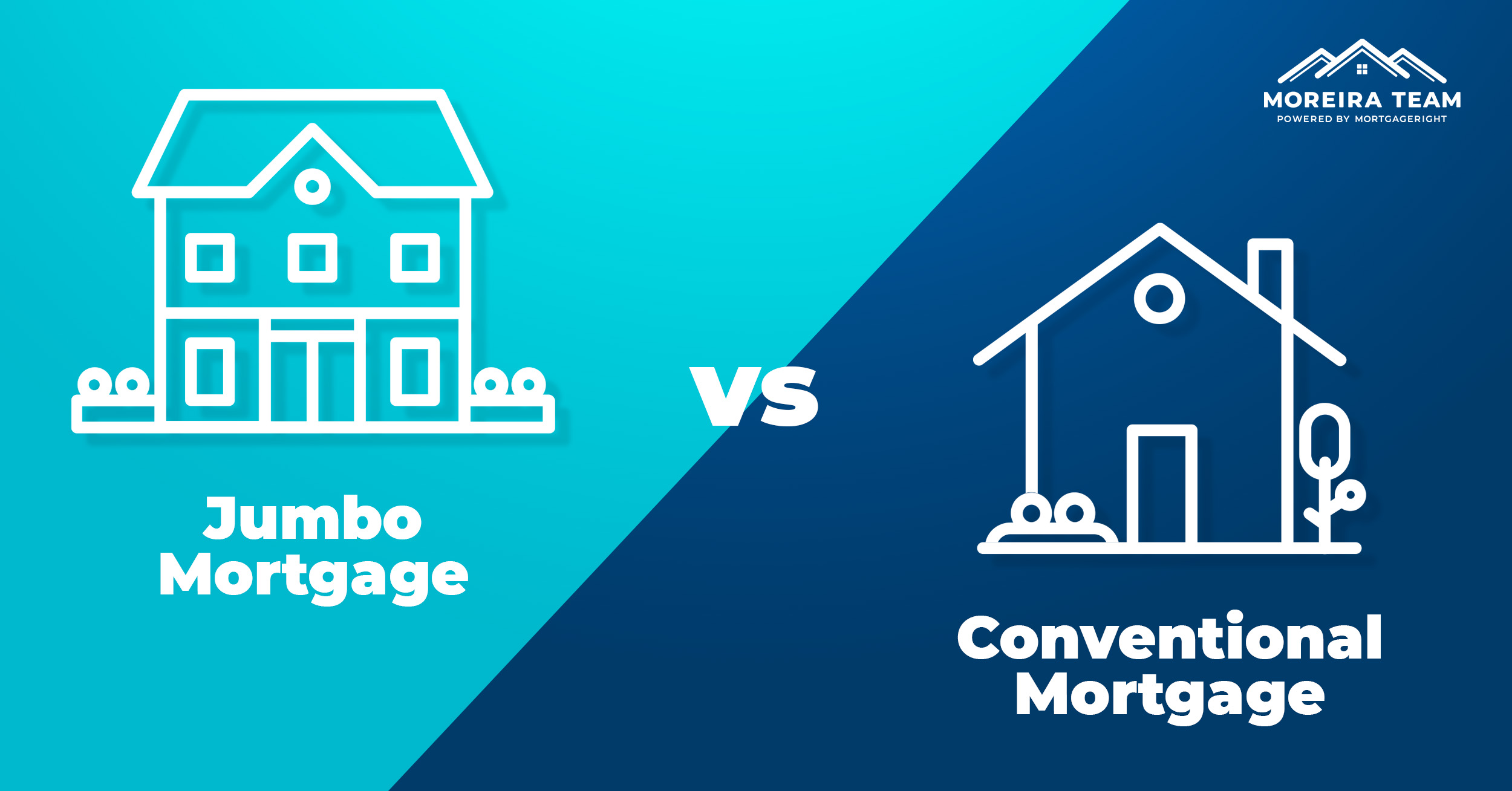Recognizing Jumbo Loan: What You Required to Know for Luxury Home Purchases
Recognizing Jumbo Loan: What You Required to Know for Luxury Home Purchases
Blog Article
Exploring the Advantages and Qualities of Jumbo Loans for Your Following Home Acquisition Choice
As the actual estate market progresses, recognizing the complexities of jumbo loans ends up being progressively essential for possible property buyers thinking about high-value residential properties. To totally appreciate just how jumbo fundings can affect your home acquisition approach, it is important to discover their essential attributes and advantages in greater information.
What Is a Jumbo Financing?

Jumbo car loans are commonly made use of by customers looking for to buy high-value buildings or homes in pricey markets. jumbo loan. Provided the larger amounts obtained, loan providers commonly impose stricter credit score needs, including higher credit report scores, reduced debt-to-income ratios, and bigger deposits. The rate of interest on big car loans may be somewhat greater than those on adapting finances, reflecting the enhanced risk for loan providers
Furthermore, the approval process for a big loan can be more time-consuming and complicated, as lenders require extensive documentation to evaluate the debtor's economic stability. Understanding these nuances is important for potential home owners considering a big funding for their residential property financing requirements.
Key Benefits of Jumbo Finances
One significant benefit of big loans is their capability to finance higher-priced residential properties that go beyond adjusting finance limits. This attribute makes them an eye-catching option for customers seeking to buy high-end homes or properties in high-cost areas where prices normally surpass conventional lending limits.
In addition, big financings commonly include versatile terms and affordable interest rates, allowing debtors to customize their funding to fit their unique economic scenarios. jumbo loan. This versatility can include options for variable-rate mortgages (ARMs) or fixed-rate loans, giving purchasers with the capacity to handle their monthly settlements according to their preferences
One more benefit is that jumbo car loans do not need personal home mortgage insurance (PMI), which can substantially minimize the general price of the loan. With PMI typically being a considerable cost for conventional fundings with reduced down settlements, avoiding it can cause substantial financial savings over time.
In addition, borrowers of big loans generally have accessibility to higher car loan amounts, allowing them to buy homes that satisfy their way of living requires. This access empowers purchasers to act decisively in affordable property markets, securing their preferred homes better. On the whole, big loans use vital benefits for those seeking to fund premium homes.
Qualification Demands for Jumbo Loans
Jumbo financings feature particular qualification requirements that potential debtors need to satisfy to protect financing for high-value residential properties. Unlike traditional finances, which have established limits based upon the conforming finance limitations developed by government-sponsored entities, jumbo lendings surpass these thresholds, requiring more stringent requirements.

In addition, jumbo finances typically necessitate a considerable down settlement, often varying from 10% to 20% of the purchase rate, depending upon the lending institution's plans and the consumer's economic scenario. Money gets are also considered, with lots of lenders expecting debtors to have a number of months' worth of home loan repayments readily offered. Comprehensive documentation of earnings and possessions will certainly be needed to sustain the financing application. Satisfying these qualification requirements can place customers favorably in safeguarding a jumbo financing for their wanted residential or commercial property.
Comparing Jumbo Lendings to Conventional Financings
Recognizing the distinctions between conventional financings and jumbo financings is necessary for property buyers browsing the high-end property market. Big lendings surpass the adapting finance restrictions set by the Federal Real Estate Finance Agency (FHFA), which suggests they are not qualified for purchase by Fannie Mae or Freddie Mac. This leads to various underwriting standards and needs for consumers.
In contrast, standard lendings typically abide by these limits, permitting an extra streamlined approval process. Jumbo finances commonly call for more stringent credit history, larger down repayments, and greater financial books. For instance, while a conventional funding might need a down repayment of as low as 3% to 5%, big fundings generally demand a minimum of 10% to 20%.
Rate of interest on big finances may differ from those of conventional loans, usually being slightly greater as a result of the raised threat lending institutions assume - jumbo loan. Nonetheless, the capacity for considerable funding can be helpful for purchasers looking for high-end homes. Inevitably, comprehending these distinctions linked here enables buyers to make educated choices, straightening their financing alternatives with their distinct buying requirements and monetary conditions
Tips for Safeguarding a Jumbo Lending
Securing a jumbo finance calls for cautious preparation and preparation, as lenders frequently impose stricter needs compared to standard car loans. To boost your possibilities of approval, begin by examining your credit report score and resolving any problems. A score of 700 or greater is commonly favored, as it demonstrates creditworthiness.
Following, collect your economic documents, consisting of tax obligation returns, W-2s, and bank declarations. Lenders typically need thorough evidence of revenue and assets to evaluate your ability to pay back the car loan. Maintaining a low debt-to-income (DTI) proportion is also vital; aim for a DTI listed below 43% to improve your application's competition.
In addition, consider making a bigger down payment. Numerous lending institutions seek at the very least 20% down for big fundings, which not only lowers your financing amount but these details additionally signals economic security. Involving with an experienced home loan broker can supply invaluable insights into the procedure and help you browse numerous lending institution choices.

Final Thought
In recap, big lendings present significant benefits for homebuyers seeking buildings that surpass standard funding limits. Detailed understanding of both the advantages and needs connected with big lendings is crucial for making informed home acquisition choices in a competitive real estate market.
The interest rates on jumbo finances might be a little greater than those resource on adapting finances, reflecting the enhanced threat for lenders.
While a traditional finance may require a down settlement of as little as 3% to 5%, big financings normally demand a minimum of 10% to 20%.
Rate of interest rates on big financings might differ from those of traditional finances, typically being slightly higher due to the raised risk lending institutions presume.Securing a jumbo financing calls for careful preparation and prep work, as lenders typically impose more stringent demands contrasted to standard financings. Lots of lending institutions look for at the very least 20% down for big finances, which not only decreases your lending quantity yet likewise signals economic security.
Report this page